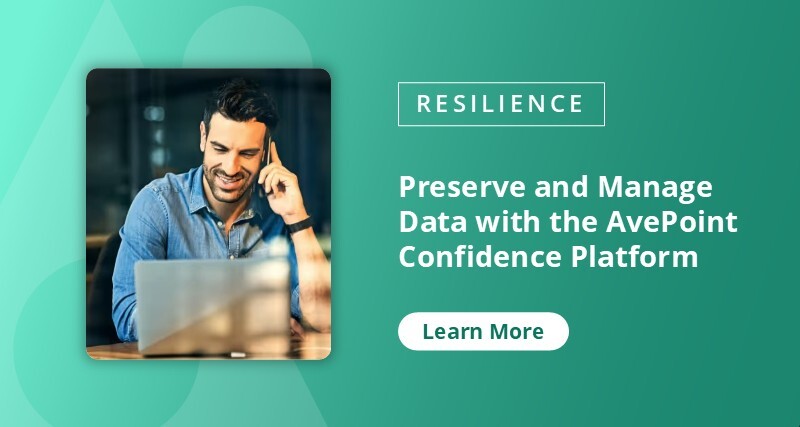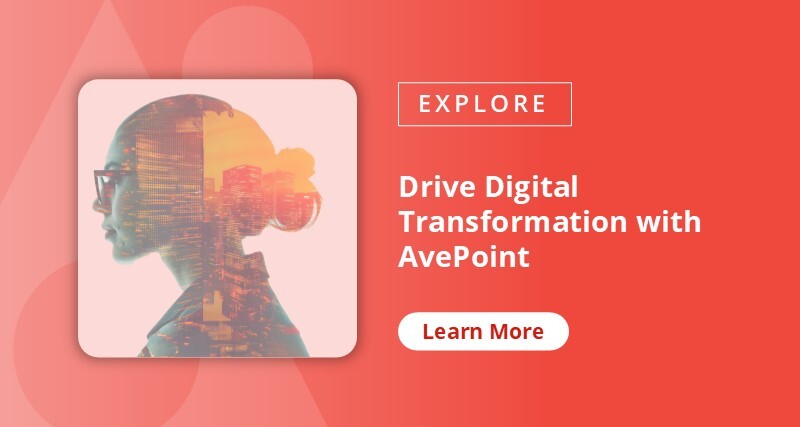Technology has become not just an enabler but a fundamental pillar in transforming how citizens engage with government services. From accessing social services to submitting tax returns, managing healthcare appointments and renewing permits, the potential for technology to revolutionise citizen experience is vast. Effectively leveraging technology can lead to more efficient, transparent, and responsive public services. It also translates to growth: in Singapore, for every S$100 value added to its economy, about S$17 can be attributed to digital-related activities.
With emerging technologies such as AI, data analytics, and quantum technology, organisations in the public sector are in the best position to contribute to this growth and ensure they give top-tier services to their citizens. But to do so securely, they must have a solid data foundation. Data is the cornerstone of these emerging technologies to deliver the desired outcomes. This calls for the public sector to have a strong data strategy to ensure that security measures are in place as they jumpstart their digital transformation efforts.
Let’s explore how Singapore’s government agencies can strategically employ technology to revolutionise citizen services.
Building on a Strong Data Foundation
Before embarking on complex technological initiatives, the public sector must establish a robust data strategy. Data is often referred to as the “new oil,“ and for good reason. It fuels decision-making, enhances service delivery, and drives innovation.
Because of these reasons, handling huge volumes of data involves risks. In fact, the Singaporean public sector saw a 10% increase in data leaks in 2023. In the same year, the Singapore Cyber Emergency Response Team (SingCERT) received 4,100 reports of phishing attempts, with the public sector as one of the top three targets, owing to its essential role in ensuring service delivery and maintaining national security.
Effective data lifecycle management is essential for securing data and enabling government agencies to fully leverage AI and digital transformation. A strong data foundation is crucial for AI to function securely; without proper data security measures, agencies risk data exposure or inaccurate results from outdated or disparate data.
Proper data lifecycle management includes:
Data collection and acquisition. Implementing standardised protocols for gathering citizen information across touchpoints while maintaining privacy and security.
Data storage and organisation. Creating secure, accessible repositories that enable cross-agency collaboration while adhering to stringent protection standards, such as classification of data sensitivity and application of rules for content management.
Regulatory compliance. Ensuring data quality, integrity, and appropriate access controls to maintain alignment with regulations such as Personal Data Protection Act, Cybersecurity Act, and Public Service (Governance) Act.
Data archiving and disposal. Implementing protocols for the responsible retention and deletion of information in accordance with data protection regulations.
When public sector agencies prioritise these data lifecycle elements, they create the foundation necessary for meaningful digital transformation initiatives ─ including having a safe and trustworthy environment for AI implementations.

The AvePoint Confidence Platform provides institutions with an AI-powered information lifecycle management solution to help manage data from creation to disposal. It automates business rules and implements data classification from the onset, preventing institutions from storing more data than they need to keep. At the same time, it implements archiving rules, allowing institutions to comply with regulatory requirements with ease. This functionality gives public sector agencies greater control over their data, enabling them to scale their digital infrastructure securely.
Digital Transformation: Beyond Technology Adoption
With a solid data foundation in place, public sector entities can implement several technological solutions to transform the citizen experience:
AI and Machine Learning. AI has emerged as a game-changer in public service delivery. Because of this, Singapore’s ambitious National AI Strategyprovides a powerful framework for public sector agencies looking to leverage AI within their digital transformation initiatives. Falling under the Smart Nation 2.0, the National AI Strategy aims to utilise AI for efficient public service delivery. Intelligent chatbots can provide 24/7 citizen support, answering common queries and guiding users through various processes. Machine learning algorithms can analyse patterns in citizen interactions to predict needs and personalise services. For example, AI-powered systems can proactively notify citizens about upcoming renewals or recommend relevant services based on their profile and previous interactions.
Advanced analytics. Analytics capabilities enable governments to gain deeper insights into citizen needs and behaviour patterns. By analysing large datasets, public sector entities can identify service bottlenecks, optimise resource allocation, and make data-driven decisions to improve service delivery. Predictive analytics can help anticipate citizen needs and prevent issues before they arise, leading to more proactive governance.

Application modernisation. Legacy systems often hinder the public sector’s ability to provide modern digital services. Application modernisation involves breaking down monolithic applications into smaller, more manageable services, redesigning applications with a focus on user experience, or developing standardised application programming interface (APIs) that enable seamless integration between different systems and services.
Benefits of a Digital Transformation Strategy
A comprehensive digital transformation strategy represents a fundamental shift in how government agencies operate and deliver services to citizens. Digital transformation is not just about adopting new technologies; it’s about rethinking how services are delivered and how operations are conducted.
A well-defined digital transformation strategy helps with:
Enhancing service delivery. By digitising processes and creating intuitive interfaces, agencies can deliver faster, more responsive services that meet modern citizen expectations.
Optimising resource allocation. Technology that streamlines workflows and automates routine tasks enables more efficient deployment of limited public resources, creating cost efficiencies while improving service quality.
Promoting inclusivity. Digital transformation, when implemented thoughtfully, can bridge accessibility gaps and ensure services reach all citizens regardless of varying levels of technical proficiency.
Supporting proactive governance. With data-driven insights, agencies can anticipate citizen needs rather than merely reacting to them.
Building resilience. Digitally mature organisations demonstrate greater adaptability with the help of solutions that enable them to swiftly resume operations after a disruption, keeping downtime to a minimum.
The Path to Public Sector Transformation with AvePoint
As technology continues to evolve, the public sector must remain agile and adaptive, continuously evaluating new opportunities to enhance citizen experience while maintaining security and trust by implementing strong data foundation and protections in place. The future of public service delivery lies in the successful integration of technology with human-centered design, creating experiences that are not just digital, but truly transformative for citizens.
However, the transformation strategies are not the same for public sector agencies. One could centralise data with on-premises-to-cloud migration, while another may need an effective data analytics tool. In fact, if at least two different organisations need data analytics, their requirements and approaches would not be the same.
There is no one-size-fits all approach; public sector agencies need solutions that would fit their particular requirements and respond to their specific pain points.
AvePoint Consulting offers an array of custom-fit solutions that match every public sector agency’s need.


